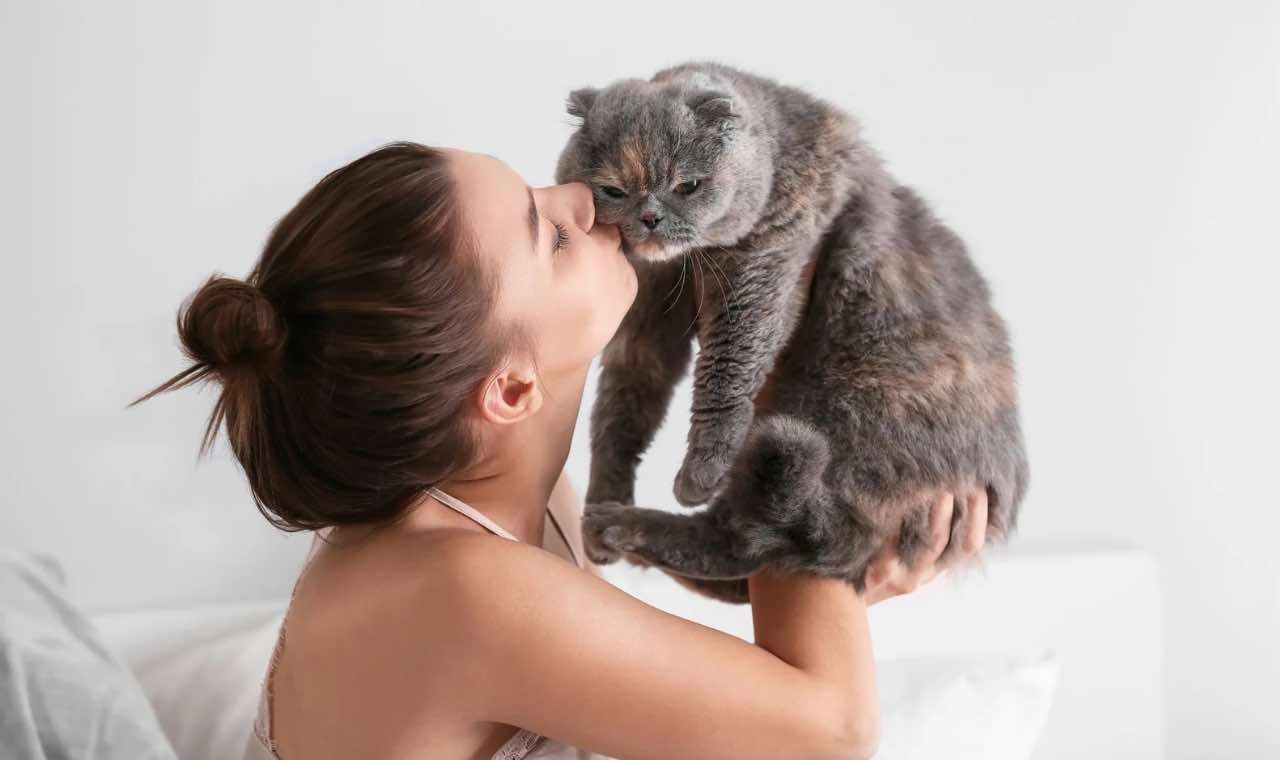For many working cat owners, the joy of welcoming a new feline companion into their home comes with an unexpected emotional challenge: guilt. The demands of a job often mean leaving a new cat alone for long hours, and it’s common for owners to worry about their pet’s well-being. Are they lonely? Bored? Feeling abandoned? This guilt can weigh heavily, especially for those who view their cats as family members. Let’s explore this problem—why it happens, how it affects both owner and cat—and offer practical solutions to ease the burden.
Understanding the Problem
Cats are often seen as independent creatures, but that doesn’t mean they’re immune to the effects of prolonged solitude, especially when they’re new to a home. For a recently adopted cat, the transition to a new environment can be stressful. Add to that the absence of their owner for 8–10 hours a day, and it’s easy to see why owners might feel uneasy. The guilt stems from a natural desire to provide companionship and care, coupled with the reality that work schedules don’t always align with pet parenting ideals.
From the cat’s perspective, extended alone time might lead to boredom, anxiety, or even mild behavioral issues like excessive meowing or scratching. While cats don’t experience emotions like humans do, they thrive on routine, stimulation, and a sense of security—all of which can feel disrupted when left alone for too long, too soon.
For the owner, this guilt can snowball into overcompensation (think excessive treats or hovering when they’re home) or persistent worry that chips away at the joy of pet ownership. It’s a classic tug-of-war between responsibility to work and responsibility to a furry friend.
Analyzing the Impact
The problem isn’t just emotional—it’s practical. A cat left alone without adequate preparation might entertain itself in ways that aren’t ideal, like knocking over plants or shredding furniture. For kittens or newly adopted cats, the lack of socialization during those long hours can slow their adjustment to their new home. Meanwhile, the owner’s guilt might lead to stress or even resentment toward their job, creating a cycle of frustration.
But here’s the good news: this is a solvable issue. Cats are adaptable, and with a little planning, owners can minimize both their pet’s distress and their own unease.
Solutions to Ease the Guilt
- Create a Stimulating Environment
Before heading out for the day, set up your cat’s space with enrichment. Leave out interactive toys like puzzle feeders, balls with bells, or a treat-dispensing toy to keep them engaged. A window perch with a view of birds or squirrels can provide hours of entertainment. The goal is to make alone time feel less empty and more like an adventure. - Establish a Routine
Cats love predictability. Feed them, play with them, and give them attention at consistent times each morning and evening. Even if you’re gone all day, this bookends their alone time with positive interactions, helping them feel secure. Over time, they’ll adjust to your schedule. - Gradual Adjustment
If your cat is new, don’t leap straight into leaving them for a full workday. Start with shorter absences and build up. This mimics the natural process of bonding and helps them acclimate without feeling overwhelmed. If possible, take a few days off after adoption to ease the transition. - Tech to the Rescue
Consider a pet camera with two-way audio. These devices let you check in on your cat, talk to them, and even dispense treats remotely. Seeing they’re napping or playing can soothe your worries, and hearing your voice might comfort them. It’s not a substitute for presence, but it’s a bridge. - Enlist Help
If your hours are especially long, hire a pet sitter or ask a friend to stop by midday. Even a 20-minute visit for playtime or cuddles can break up the day. For some, a second cat might be an option—though only if the cats get along and you’re ready for double the responsibility. - Quality Time Matters
When you’re home, make it count. Dedicate 15–30 minutes to active play with a wand toy or laser pointer. This not only tires them out (making daytime naps more likely) but also strengthens your bond, reducing guilt by reinforcing that you’re there when it matters. - Reframe Your Perspective
Cats sleep 12–16 hours a day, often during the hours you’re at work. They’re not pining away—they’re likely snoozing or grooming. Remind yourself that providing a safe, loving home outweighs the hours you’re apart. Guilt often comes from projecting human emotions onto pets, so a reality check can lighten the load.
Wrapping Up
Feeling guilty about leaving a new cat alone is a sign you care deeply—and that’s a great foundation for pet ownership. By setting up a stimulating environment, leaning on routine, and making the most of your time together, you can turn those long workdays into a non-issue for both you and your cat. Soon, you’ll come home to a content feline who’s happy to see you, not a resentful roommate. The guilt will fade, replaced by the quiet confidence that you’re doing just fine—and so is your cat.
